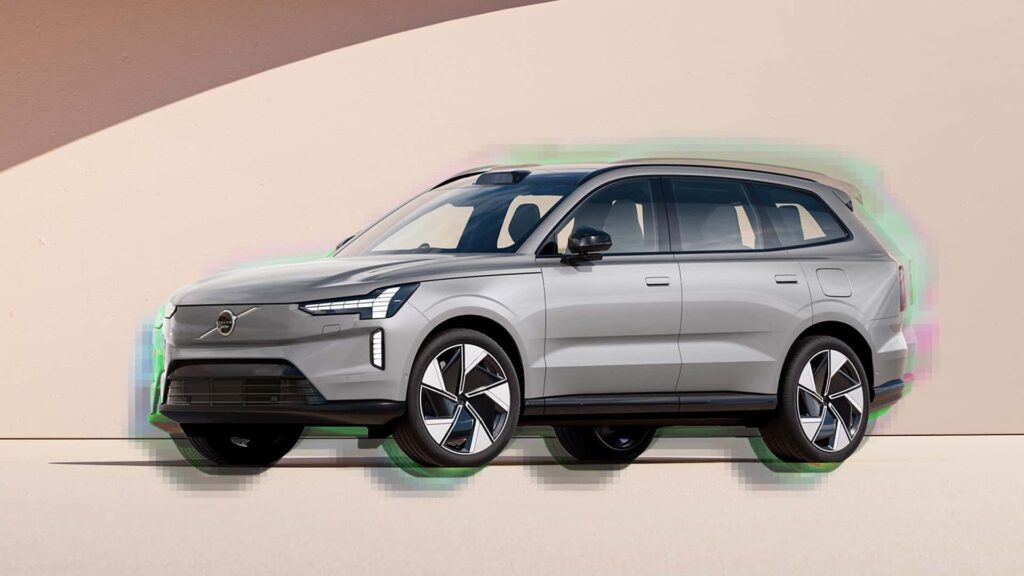Volvo’s reputation for safety and reliability is on the line as it races to patch software and prevent new issues from arising in its flagship EX90. The Swedish automaker is facing an uphill battle to rebuild trust in its fundamental next-gen car technology.
With a focus on Scandinavian design philosophy and cutting-edge technology, Volvo entered the electric vehicle space to make a statement. However, the company was caught off guard by the numerous software bugs plaguing the EX90. This is a common challenge faced by legacy car manufacturers as they navigate the complexities of transitioning to a modern automotive age.
The company’s efforts to address these issues have been met with mixed results. Former CEO Håkan Samuelsson was brought back to lead the charge in salvaging Volvo’s reputation and righting the ship. Samuelsson wasted no time in implementing cost-cutting measures and addressing the software bugs that have plagued the EX90.
In an interview with the Financial Times, Samuelsson acknowledged the challenges faced by the company and expressed a commitment to improving the quality and reliability of Volvo’s software. The company is working tirelessly to address the bugs and ensure that customers have a positive experience with their vehicles.
Despite the setbacks, Volvo remains determined to regain its status as a leader in next-gen car technology. With a renewed focus on quality and reliability, the Swedish automaker is determined to overcome these challenges and emerge stronger than ever.
As Volvo continues its efforts to address the software issues in the EX90, the company remains optimistic about the future. With a commitment to innovation and customer satisfaction, Volvo is confident that it will overcome these challenges and continue to push the boundaries of automotive technology.
Volvo has recently faced challenges with its EX90 model, which has set a negative stigma for the company’s ability to smoothly execute the rollout of future vehicle technology. This is a significant issue for Volvo, especially during a time when the automotive industry is undergoing its biggest shift in a century.
Volvo’s CEO, Samuelsson, has acknowledged the need to address the software complexity within the company and improve testing standards. However, he also recognizes that software glitches may still occur in the future. Samuelsson openly admitted that there is no guidebook for navigating this new territory, especially for companies like Volvo that are pioneering new technologies.
It’s not just Volvo that is facing software-related challenges. Toyota, for example, promised to release its new Arene software platform this year, only to receive criticism from engineers within the company. According to reports, the Arene platform is riddled with bugs and is considered to be subpar in terms of functionality.
The issue of software complexity is a global problem that many legacy automakers are grappling with. As these companies transition from hardware-centric models to software-driven platforms, they are encountering difficulties in managing agile tech teams and adapting to a more dynamic development environment. This shift is particularly challenging for companies with long product lifecycles and a history of siloed development processes.
Despite these challenges, Volvo is taking proactive steps to address the issue. The company is working to prioritize software quality and reduce the impact of potential bugs. By acknowledging the problem and demonstrating a willingness to improve, Volvo is setting a positive example for other legacy automakers to follow.
If Volvo can successfully navigate the complexities of software integration, it may pave the way for other companies to do the same. By approaching the issue with urgency and humility, Volvo is positioning itself as a leader in the industry’s transition towards a more technology-driven future.

